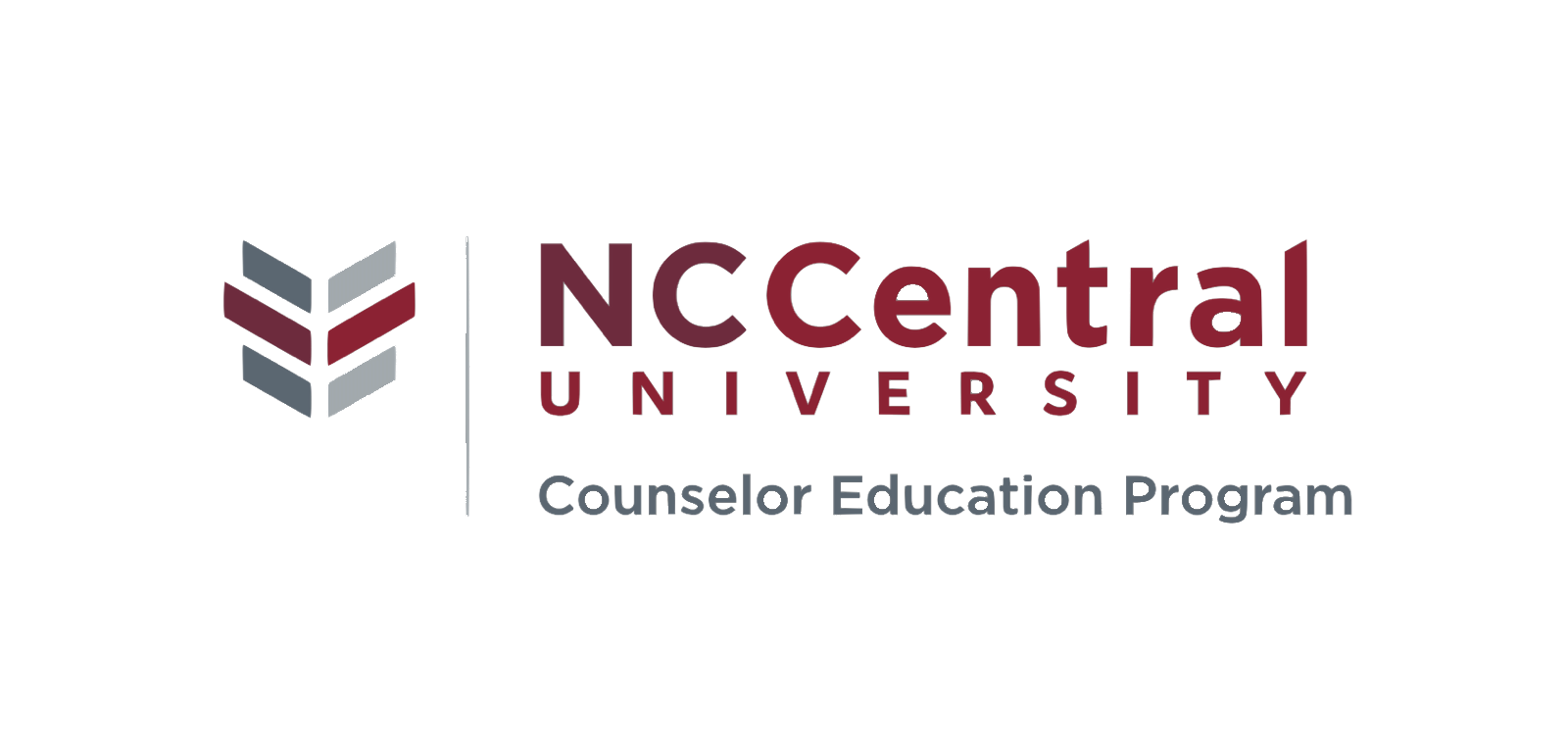We use videoconferencing software quite a bit in our Program. You have invested a lot of time, energy, and money in your education....here are some tips to ensure that you are providing the due amount of respect to your 21st-century educational activities.
- Show up for a scheduled meeting (or class) on time. This means trying to connect a few minutes before a meeting is due to start. Sometimes it takes a few minutes to get connected. Test your equipment and technology prior to the meeting time to make sure that it will work when your scheduled event is due to start.
- Do not conduct any other activities while connected (i.e., no multitasking). Think about it this way...if you were sitting in a classroom on campus or in a professor's office, would you be doing anything other than sitting in the room, engaged in the conversation? Would you get up and walk around while the professor is talking? Would you abruptly leave the room or hold a conversation with someone else at home? A good rule to live by, only engage in activities that you would do if you were sitting beside a faculty member on campus.
- Do not meet while driving.
- Turn off (or place on do not disturb) all telephones, televisions, music players. Placing a telephone on mute (i.e., notifcation with vibration) still creates a distraction.
- Dress professionally...just as you would dress if meeting a faculty member on campus in person.
- Do not move around while connected. Keep your camera and device stable; stay in one place.
- Use headphones or earbuds to eliminate feedback in the conversation. Your microphone will pick up every noise projected by your speakers. If there are more than two people in a meeting, feedback occurs. For example, person A is talking to person B. Person C is listening to the conversation without headphones/earbuds. Person C's microphone picks up the conversation between Person A and B and projects it back to Person A and B. Person B not only hears the communication coming directly from person A, but the projected audio from Person C as well. A slight audio delay creates an echo effect. This feedback loop makes it very difficult for everyone in the meeting to participate.
- Keep yourself muted unless you are speaking.
- Leave your video camera on while the meeting is in progress. Do not turn it off so that you may do something without others seeing. Perhaps it would be better to wait to engage in that activity until after the meeting is over. Turning your camera off is equivalent to leaving the videoconference meeting. If you aren't seen, you aren't there.
- Avoid meeting in areas with a lot of noise in the background. For example, public areas such as coffee shops are not areas in which you should hold a videoconference meeting. All of the background noise in your environment will be picked up by your microphone when you attempt to speak.
- A stable, high-speed internet connection is typically needed for a meeting to be held successfully.
- If using videoconferencing for supervision...
- The student should be located in a private and closed room (i.e., behind a closed door, just like you were meeting with the instructor in his campus office). You should NOT be located in a public setting, where others may hear the conversation. If at home, you will need to ensure that you have a private and undisturbed environment in which to meet. If your computer is located in a common room, you will need to ensure that you are meeting during a time in which no one else is home. You will be discussing clients and playing recordings of your counseling sessions during supervision meetings, and you MUST ensure the confidentiality of your conversations and client recordings. Please refer to the ACA code of ethics regarding confidentiality requirements of our profession.


